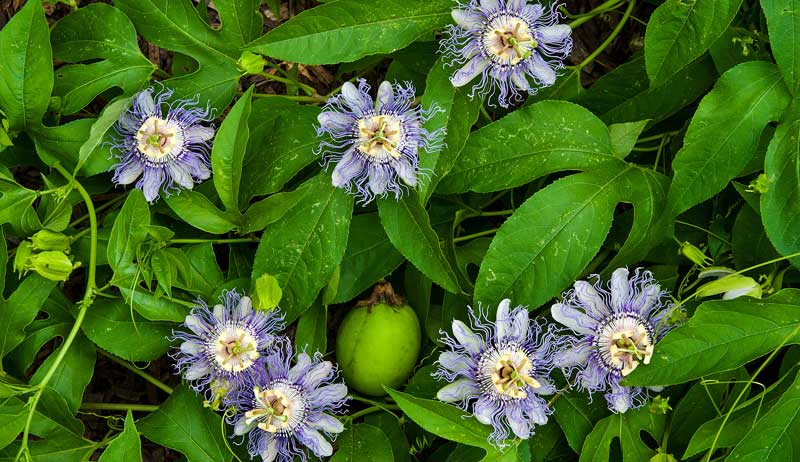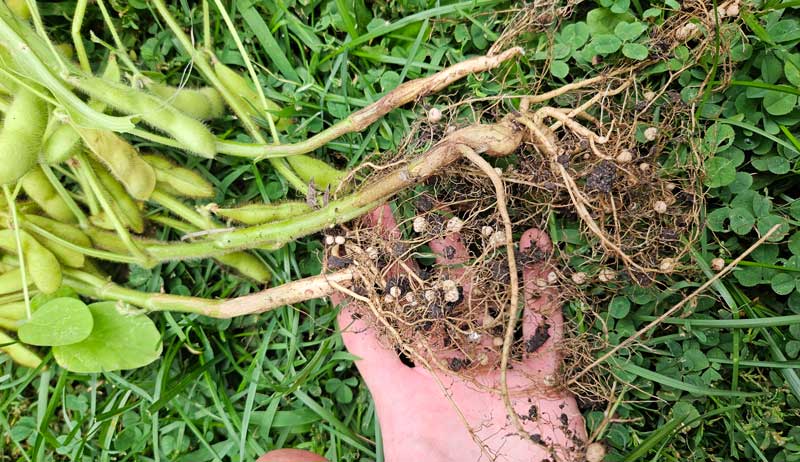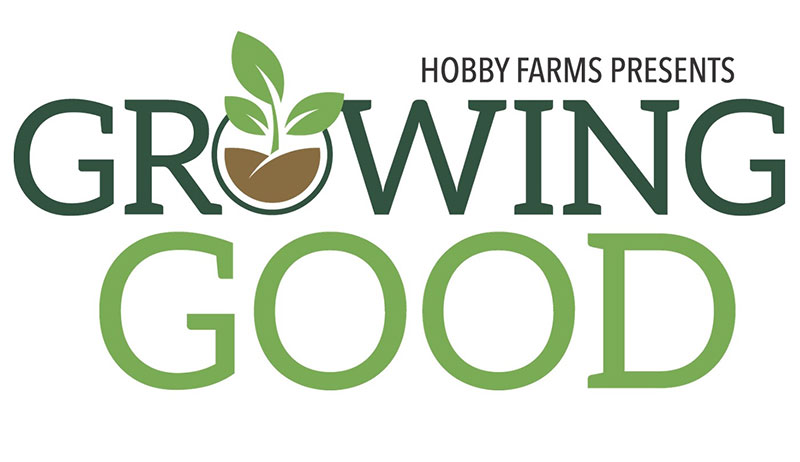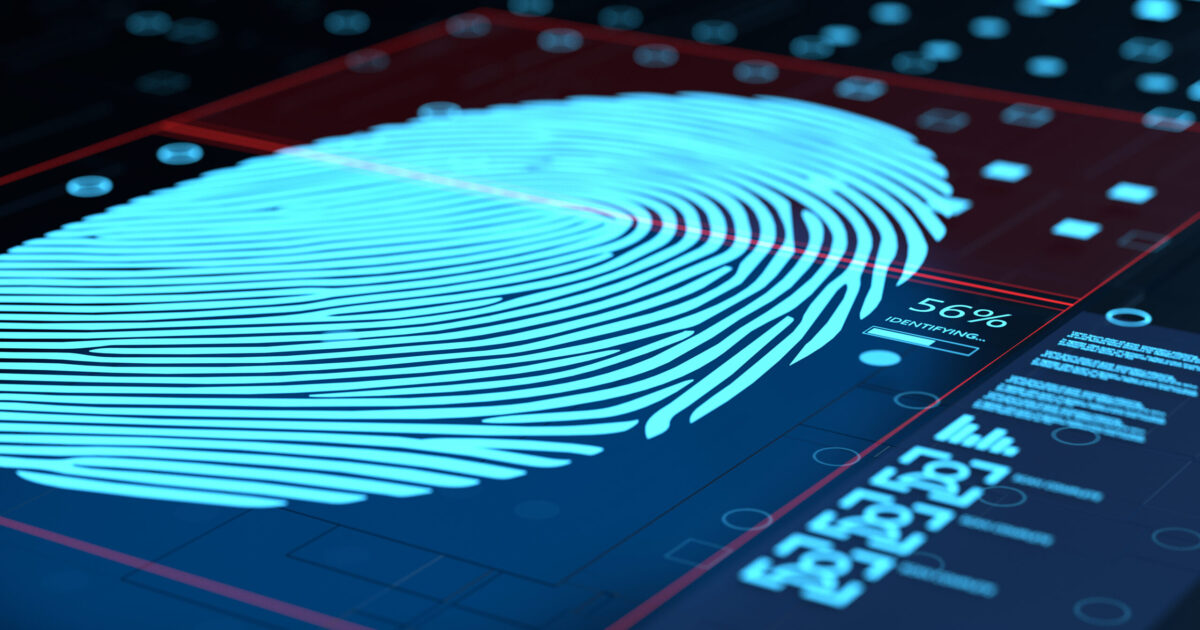My dad’s shotgun was a handmade drilling he brought home from World War II in Germany.
It’s my personal connection with the last days of WWII.
by Leon Pantenburg
My shotgun generally gets a few looks. The gun was originally my dad’s, and it is a pre-World War II 16-gauge side-by-side drilling, with an 8×57 rifle barrel underneath. It is ornately engraved with hunting scenes, and signed by gunmaker Franz Kettner. (Here is more information about Franz Kettner.) The stock is Circassian walnut burl (I think). The gun shows some honest use and wear.

This pre-World War II drilling was my Iowa pheasant gun.
When I was a kid, the drilling was nothing special. It was my upland gun, and I shot the hell out of it. Iowa farmers, like my dad, use tools, and most considered a gun to be a tool. They were used for putting down injured farm animals, eliminating gophers in the garden, crows that were harassing chickens or the occasional varmint that needed eliminating. Every farmer had a shotgun, and a .22 rifle.
But Iowans are also avid hunters, and shotguns are used for hunting everything from quail to deer. When Dad quit hunting, I used the 16 for hunting pheasants in standing corn. It has tight chokes, and patterns Number 6 shot really well.
Dad never talked about his service, except a story about a Louisiana chicken dinner. But even as a kid, I knew the veterans’ stories were important, and I gathered bits and pieces as I could. Later, as a trained journalist (Iowa State University, class of 1976) and a newspaper editor in Washington D.C., I discovered the national archives, and researched individual unit records.
I also got the letters Dad sent to his sister, Edna. Dad’s letters were, of necessity, devoid of any military specifics. I read them all, and they were mostly about life at Camp Shelby. Once he got to Europe, there weren’t many letters.
He did wryly comment in one letter, that “I captured eight Germans all by myself.” During the last days of the war, many German soldiers, desperate to escape being captured by the Russians, surrendered to the first Americans they came across. But other than that, most letters were folksy tales of training and questions about how folks were doing back home

Dad, at home on leave,before shipping overseas in 1944.
Tracking dad’s service was challenging. He enlisted in the Army in 1941, and trained troops at Camp Shelby, MS. He was sent to Europe shortly after D Day as a Military Policeman. He was in Patton’s Third Army that went to the relief of the besieged city Bastogne, Belguim.
Then he got transferred to a motor transportation group, where he escorted supply convoys, and was finally promoted to Captain and company commander of a…











